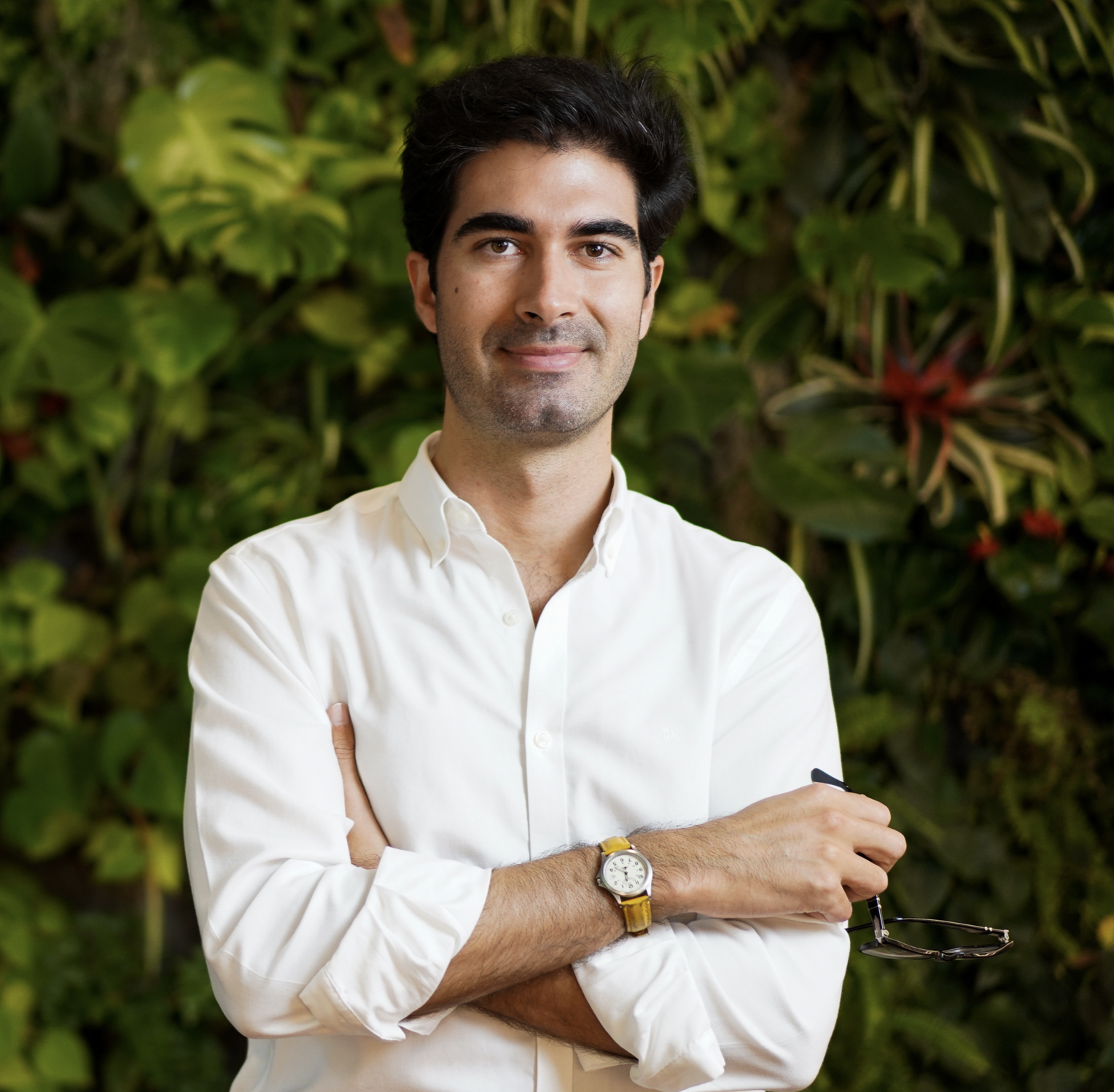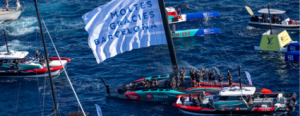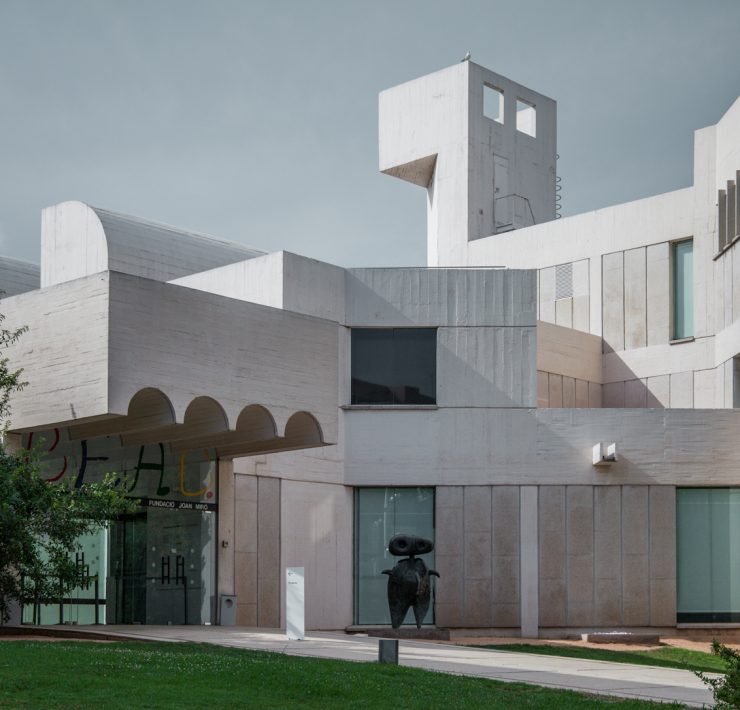Barcelona & Sporting Events: The game we must keep playing


Pau Dalmau
Chief Client Officer at Morillas Brand Consultants

Carlos Vidal
Lawyer at Cuatrecasas
At the end of last November, the 125th anniversary gala of F.C. Barcelona was held at the Gran Teatre del Liceu. RCD Espanyol is celebrating its anniversary this year, and Club Natació Barcelona will reach its 120th in a couple of years. These are just a few examples that highlight the historic connection the city has had with sport. Just a few weeks earlier, the 37th edition of the America’s Cup came to a close—another milestone to add to the 1982 FIFA World Cup, the 1992 Olympic Games, the Spanish Grand Prix in both F1 and MotoGP, and more. In 2026, the Catalan capital will host the “Grand Départ” of the 113th edition of the Tour de France, with three stages of the iconic cycling race taking place in Barcelona and across Catalonia.
The 1992 Olympic Games marked a turning point for Barcelona, placing the city firmly on the global map. Today, Barcelona consistently ranks among the top 10 in the World’s Best Cities index [1]. Just as major events like the Mobile World Congress, along with Barcelona’s culture and gastronomy, help position the city, the power of sport to elevate a city's global standing is equally essential.
Many of you have probably been around the world and have been told, “You come from Barça.” It may seem an amusing anecdote, but it is also a very revealing fact about the effect that sport can have on the international projection of the city.
Major sporting events, beyond their impact during the days of competition, offer a unique opportunity for transformation and modernization of the city. The 1992 Olympic Games are the ultimate example of the positive urban and sociocultural impact such an event can generate: accelerated infrastructure projects, transformed neighborhoods, improved public spaces, and even a cultural and mindset shift.
Sporting events in Barcelona not only attract hundreds of thousands of visitors—boosting hotel occupancy and local spending—but also generate direct revenue through ticket sales, merchandising, and broadcasting rights, as well as tax income and contributions to the local GDP. In addition, they create jobs and drive infrastructure investments that benefit the city in the long term.
The 37th edition of the America's Cup has driven 25 urban interventions that have revitalized [2] and repurposed iconic spaces and infrastructure in Port Vell. As a result, the America’s Cup has left a lasting economic and urban legacy for the city of Barcelona.
Sporting competitions also boost the development of local businesses. This is reflected in the economic impact report of the America’s Cup. According to the study, conducted by the University of Barcelona at the request of the Barcelona Nautical Capital Foundation (FBCN), every euro invested by public administrations generated €17.9 in revenue and a fiscal return of €3.3.
As the report shows, the America’s Cup has provided a significant economic, tourism, and media boost for Barcelona. The economic impact in Catalonia reached €1.74 billion, with a contribution of €1.034 billion to the GDP and the creation of 12,872 jobs. In Barcelona alone, the impact amounted to €663.8 million in GDP and 8,510 jobs, with the most benefited sectors being hospitality, retail, science, and technology.
In terms of media coverage, the event reached 954 million international views and saw a 37% increase in audience compared to the previous edition. It also helped drive and accelerate the revitalization of coastal neighborhoods, the BlueTechPort, the Maritime Technology Park, and the Barcelona Sea of Science center.

Sporting events also help keep Barcelona top of mind globally, not only as a destination for sport, culture, or tourism, but also for business, investment, and talent. From a marketing funnel perspective, “you can’t buy something you don’t know exists.” We should view sporting events as a powerful tool to build awareness of the city among an international audience.
If Barça is “More than a Club,” it’s also because it embodies and channels many of the values of Catalan society; a culé doesn’t just want to win, they want to win playing well. Balancing positive economic impact with the well-being of local residents is essential. It’s crucial to work together in a coordinated way to involve the public. At the same time, efforts must be made to minimize the negative effects, such as gentrification, the closure of public spaces, and rising prices, on the daily lives of citizens.
Sustainable planning must include measures to reduce the environmental footprint, promote the use of public transportation, and ensure accessibility to infrastructure improvements. Collaboration is key to making sporting events not only an economic success, but also a model of sustainability and social responsibility.
In conclusion, sport is an economic, social, and educational driver for Barcelona. The legacy of the 1992 Olympic Games is still very much alive, establishing the city as a benchmark for attracting talent, business, and major sporting events. Barcelona must continue to host these kinds of events in the future. This is a game we must keep playing—and one we must win by playing even better.
If you want to know the latest English news about Barcelona and the people who bring it to life, sign up to our Blog.







